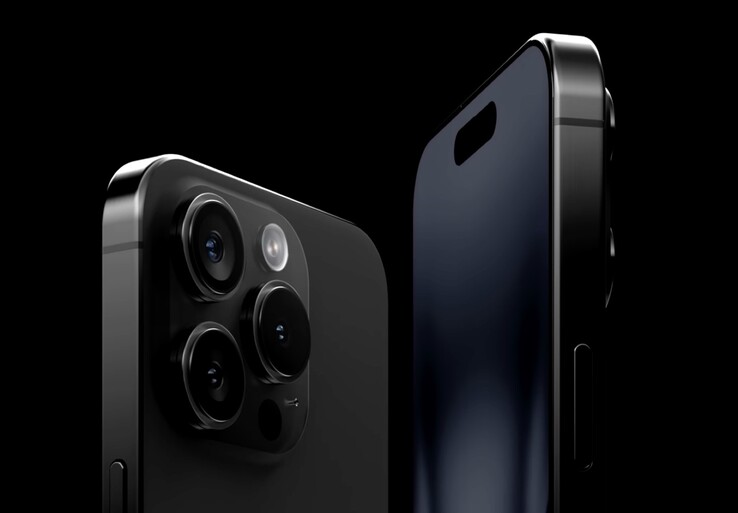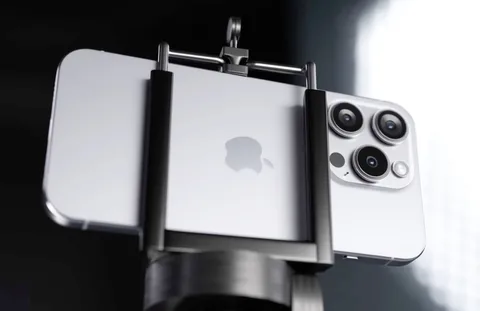The technology related to the consumption of IT services is always interesting and is being bolstered by modern trends that indicate further progress. Looking at Apple and its possible foray into foldable phones and AR glasses and Intel with its new generation of processors, the future is expected to deliver new gadgets and interactions.
There have been rumors that Apple is preparing a major update for its iPhone SE. Historically a low-cost device, the next iPhone SE could get a larger, high-end screen like the iPhone 14 and a fast A-series chip, which could offer as much horsepower as the top-of-the-line iPhones at a smaller price point.
However, there is a possibility of seeing a rise in the prices of the products after these upgrades have been incorporated.

Apart from the iPhone SE, Apple is said to be working on even more radical ideas. Analyzing leaked roadmaps, one could come to the conclusion that the company plans to produce a foldable iPhone alongside AR glasses by 2027.
More recently, foldable phones have emerged into the market, and their usability brings the experience of a smartphone and a tablet with a larger screen size. The AR glasses are expected to display comprehensive information on top of the actual reality, creating a fusion between the two realities.
Some of these rumors have suggested that Apple will be entering the foldable phone and AR glasses markets in the near future, and this could be huge.
These technologies could be made mainstream by design masters like Apple, and with its brand appeal, people could see the value of using them.
At the same time, there is more fantastic information about Intel and its new “Lunar Lake” processors. These processors are intended for future Copilot+, a new generation of PCs to supply optimized workflow of the hardware and software.
Copilot+ PCs are assumed to integrate AI to predict the user requirements and suggest tasks which makes the process of operating the PC more efficient or accurate.
The emergence of “Lunar Lake” processors proves that the application of AI technology within the hardware is developing rapidly.
Through these developments of processors specialized in AI, Intel sees itself in a position to design personal computers, especially for these capabilities to advance the capabilities of PCs and, thus, the future.

